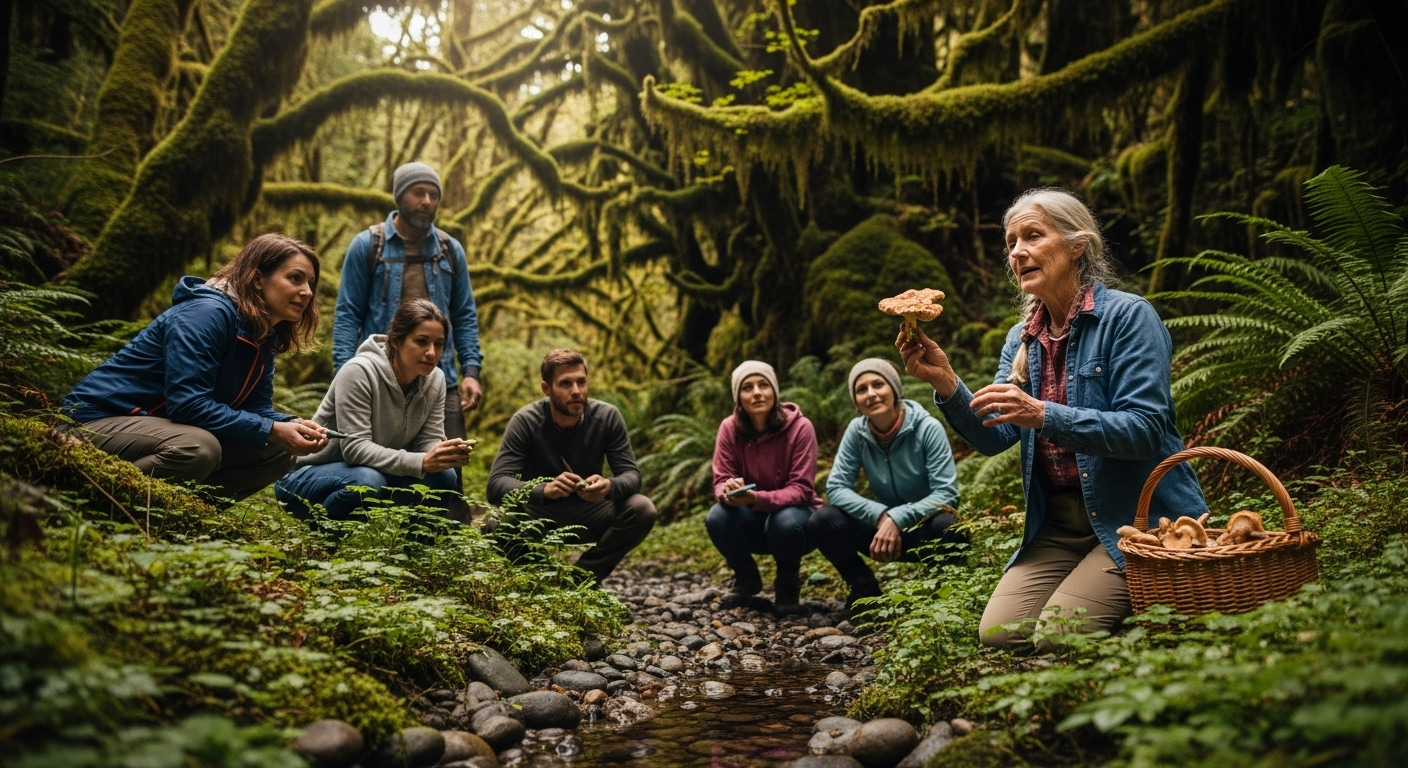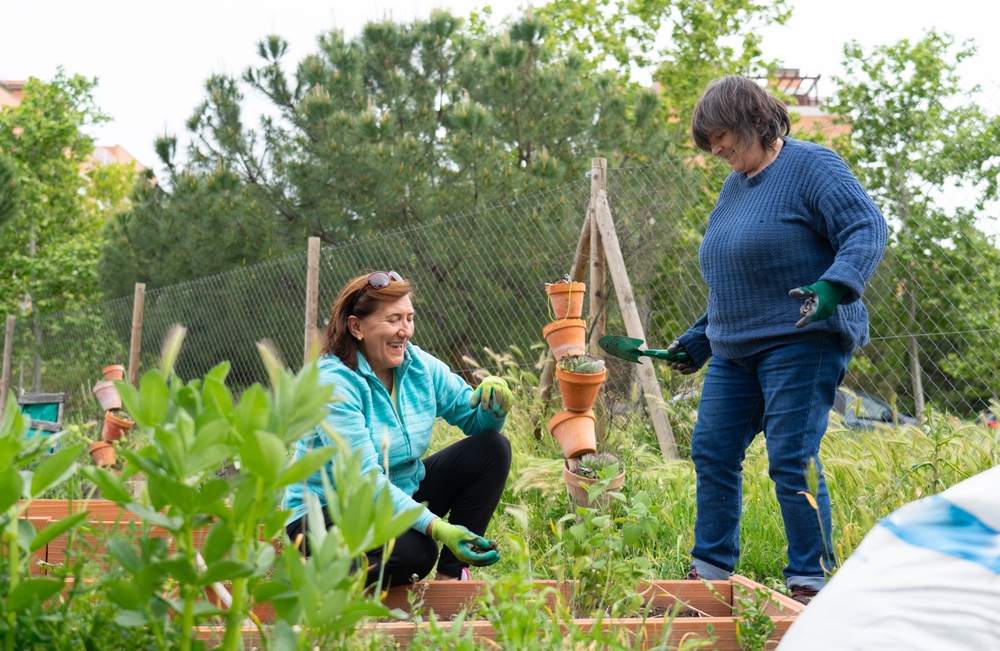Foraging Vacations: Rediscovering Nature's Pantry Through Travel
In an era of farm-to-table dining and renewed interest in natural ingredients, foraging vacations have emerged as a unique way to connect with nature and local cuisines. This immersive travel trend combines outdoor adventure, culinary exploration, and sustainable practices, offering travelers a chance to discover edible treasures hidden in forests, fields, and coastal areas around the world.

A Global Gastronomic Adventure
Foraging vacations offer a unique way to experience diverse ecosystems and culinary traditions. In the misty forests of Scotland, travelers can search for wild mushrooms, berries, and herbs under the guidance of expert mycologists. The coastlines of Oregon provide opportunities to harvest seaweed and shellfish, while the Australian Outback offers a chance to learn about bush tucker from Indigenous guides. These experiences not only introduce travelers to new flavors but also deepen their understanding of local ecosystems and traditional knowledge.
The Educational Aspect of Foraging Tours
One of the key components of foraging vacations is education. Experienced guides teach participants about plant identification, sustainable harvesting practices, and the ecological roles of various species. This knowledge extends beyond the vacation itself, empowering travelers to engage with nature more meaningfully in their daily lives. Many tours also include workshops on preparing and preserving foraged foods, allowing participants to take their newfound skills back home.
Challenges and Considerations
While foraging vacations offer unique experiences, they also come with challenges. Responsible foraging requires extensive knowledge to avoid harmful or protected species. Tour operators must carefully manage their impact on local ecosystems to prevent overexploitation. Additionally, regulations regarding foraging vary widely between regions, necessitating careful planning and local expertise. Travelers must also be prepared for the physical demands of outdoor exploration and variable weather conditions.
The Future of Foraging Tourism
As interest in sustainable and experiential travel grows, foraging vacations are likely to expand and diversify. Some tour operators are beginning to incorporate technology, using apps to assist in plant identification and tracking sustainable harvest areas. There’s also a growing trend towards urban foraging tours, introducing city dwellers to edible plants in parks and green spaces. As climate change affects ecosystems worldwide, foraging tours may also play a role in monitoring and adapting to shifting plant distributions.
Forager’s Digest: Essential Tips for Wild Food Adventures
-
Always forage with an experienced guide to ensure safety and sustainability
-
Learn and respect local regulations regarding wild plant harvesting
-
Bring appropriate gear: sturdy shoes, protective clothing, and foraging baskets
-
Never consume plants you can’t identify with 100% certainty
-
Take only what you need, leaving plenty for wildlife and ecosystem balance
-
Clean and process foraged foods properly to avoid foodborne illnesses
-
Consider the environmental impact of your activities and practice Leave No Trace principles
Foraging vacations represent a unique intersection of culinary adventure, environmental education, and sustainable tourism. By reconnecting travelers with the ancient practice of gathering wild foods, these experiences offer a fresh perspective on our relationship with nature and local food systems. As the trend continues to evolve, it has the potential to foster greater environmental awareness and appreciation for the diverse ecosystems that sustain us, one wild ingredient at a time.





